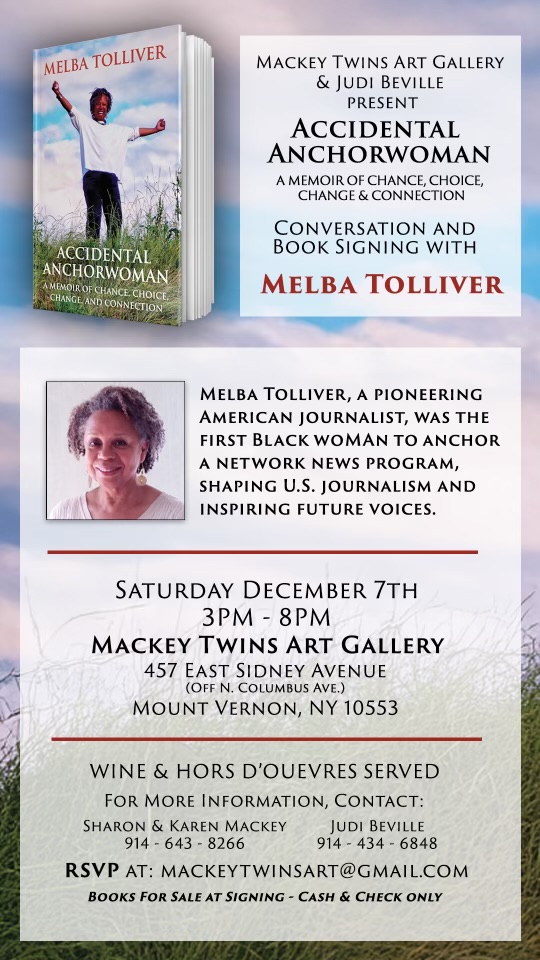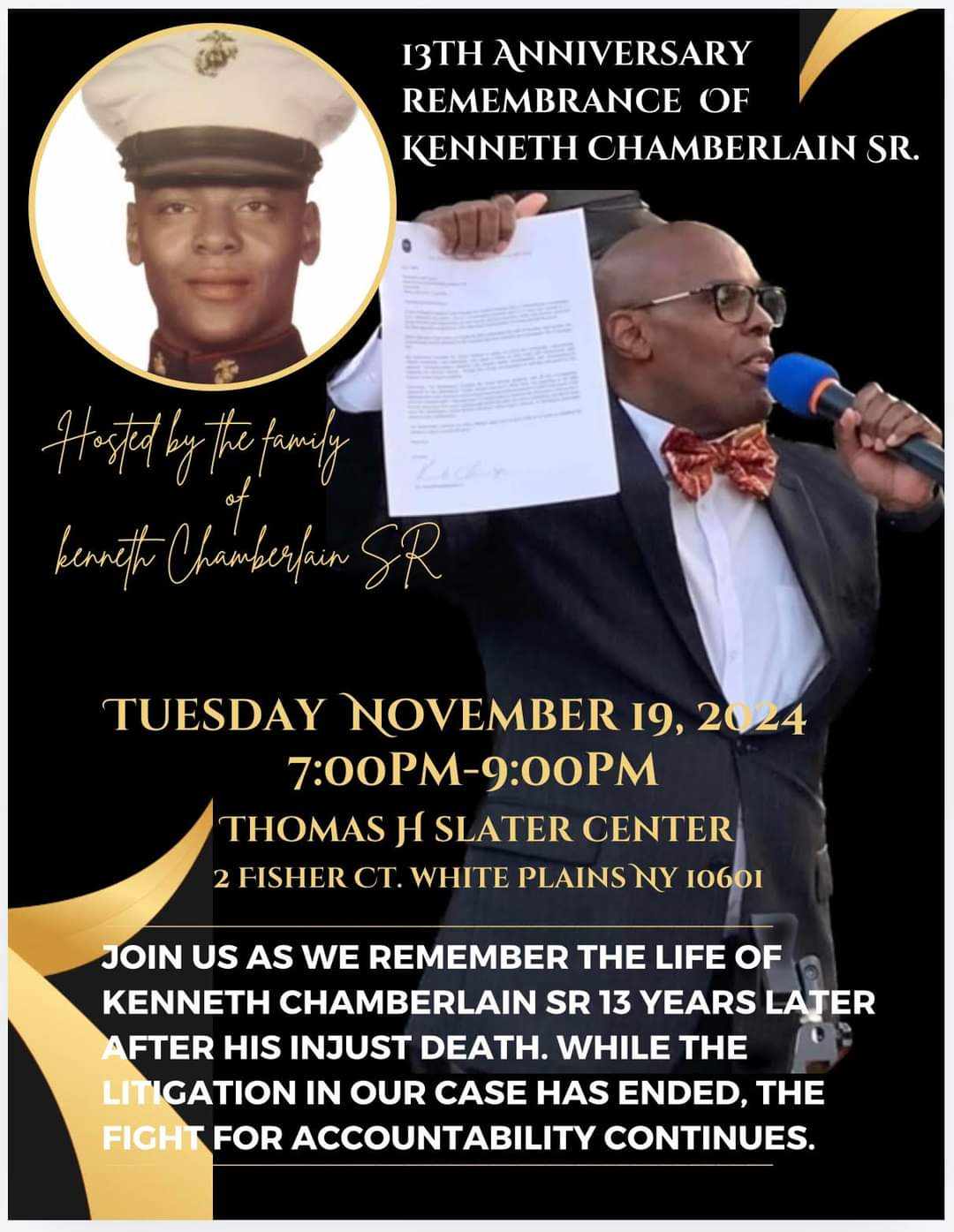As the 2024 presidential race heats up, we’re witnessing a troubling trend in how liberal media and political figures portray Black men. Across the political landscape, Black men are increasingly criticized, scrutinized, and even belittled for their political choices—particularly when those choices don’t align with the Democratic Party. This election has underscored a long-standing tendency among the left to scapegoat Black men, questioning their political judgment and diminishing their autonomy in ways that are both emasculating and dismissive.
A recent example on The View exemplifies this pattern. When discussing Trump’s support among Black men, Sunny Hostin referred to those who back him as “crazy” and “ridiculous.” Her remarks were not directed at the larger White male voter base that overwhelmingly supports Trump but specifically at Black men. This selective targeting reflects a narrative often propagated by the left: that Black men are somehow misguided or irrational if they don’t align with liberal views. This framing is not only patronizing, but it also underscores a broader pattern where Black men are pigeonholed based on expected political loyalties rather than treated as independent, critical thinkers.
And will someone remind Sunny that Black men have largely supported the Democratic Party for decades—even after its repeated failures to address issues specifically important to Black men? By singling out only Black men as “crazy” and “ridiculous,” she’s playing into a narrative that has deep roots in this country’s history of systemic racism. In doing so, she becomes complicit in perpetuating racist and bigoted stereotypes about Black men, reinforcing old prejudices instead of challenging them. This type of rhetoric suggests that Black men are valuable allies only as long as they follow along unquestioningly; any deviation from that is grounds for ridicule.
Former President Barack Obama, a figure still revered in Black communities, recently echoed this sentiment with a “stern talk” directed at Black men, implicitly chastising them for considering conservative options. His remarks suggest that if Black men don’t support the left, they’re betraying their own interests or misunderstanding the stakes. But this line of thinking strips Black men of their agency, reducing their political decisions to mere errors in judgment. It perpetuates the notion that Black men need to be “set straight” if they stray from Democratic ideals.
By casting Black men in this light, the left avoids a more introspective look at why its policies and messages may not be resonating with some in the Black male demographic. Rather than addressing these concerns head-on, it’s easier to frame Black men as the problem, implying they’re out of touch or need to be educated. This approach serves several purposes. It deflects from any flaws in liberal policies, and it reinforces stereotypes about Black men being unfit for thoughtful political engagement unless they align with a prescribed narrative. In doing so, it demeans and marginalizes Black men, ultimately silencing diverse viewpoints within the Black community itself.
This emasculation has significant consequences. By casting Black men as political outliers when they don’t conform, the left alienates a demographic it claims to support and represent. It sends the message that Black men are valuable allies only as long as they’re in ideological lockstep with liberal agendas. They’re dismissed, ridiculed, or accused of betraying their community when they’re not. This damages the left’s credibility and erodes trust, making it even harder to build meaningful political relationships in the future.
In reality, Black men are a diverse and multifaceted group with many experiences and viewpoints. They deserve the respect of being treated as competent individuals, able to make their own political decisions without being shamed or criticized for not aligning with a particular ideology. The left’s tendency to scapegoat Black men when election results or polling figures don’t meet expectations is not only politically shortsighted—it’s fundamentally disrespectful.
From Sunny Hostin’s remarks on The View to the recent interview between Ta-Nehisi Coates and CBS Mornings anchor Tony Dokoupil, it’s becoming increasingly clear that Black men who challenge the mainstream narrative face growing scrutiny and disrespect. Watching these interactions, many Black men are left to wonder: Is there an all-out attack on those who dare to hold differing viewpoints? Anyone who deviates from the expected narrative is quickly dealt with—publicly criticized, ridiculed, or dismissed. This pattern raises serious concerns about the lack of space in the public discourse for Black men to express various perspectives. Are we fostering an environment of inclusivity and respect if Black men are singled out for simply thinking differently?
The 2024 election has put a spotlight on this troubling trend, revealing a profound need for a more inclusive and respectful political discourse. Increasingly, I’m starting to believe that the call from the powers that be is to make Black men the scapegoat if the Democrats don’t succeed in this election. This narrative—casting Black men as the “fall guy” for potential losses—echoes a long history of using them as political scapegoats, diverting attention away from broader policy failures. If liberals truly value diversity and equality, they must start by respecting the autonomy and agency of Black men, even when those perspectives diverge from mainstream Democratic ideals. Black men deserve the freedom to express their political beliefs without the fear of being labeled or dismissed. Moving forward, it’s time for the left to engage with Black men as equals—not just as political tokens, but as autonomous individuals with valid perspectives and a rightful place in the American political landscape.




